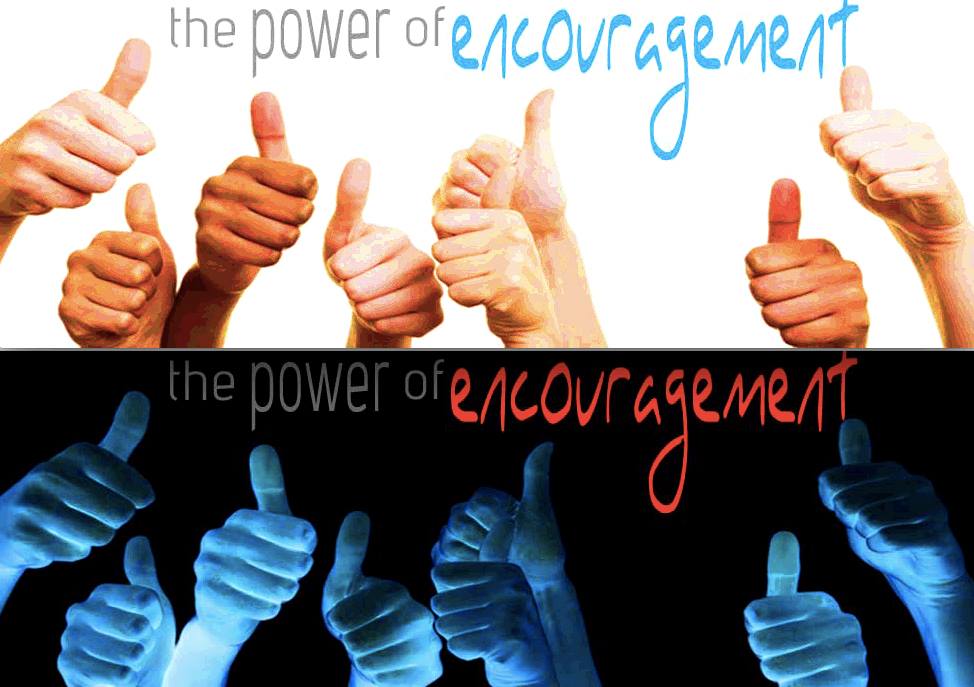Elizabeth Shown Mills
Citation Police? Puh-leese!
Like the Loch Ness Monster and Bigfoot, there’s been an outcropping of alleged sightings lately. No proof, of course. But titillating stories are running wild. All the Police Brigade—the citation police, grammar police, and research police—make handy bogeymen; but they divide and handicap. They don’t encourage. They don’t improve us.
Can we be practical about this? Historical research is not a them vs. us situation. At least, it should not be. All of us who study the relics of history have a common bond: a desire to know the past. Whether we are academic historians, archaeologists, genealogical scholars, family historians, or curious inquirers, we use the same records. We’re interested in the same events and people. We all produce work the others can use and learn from. We’re all traveling this road together. We’re just going at different speeds, using various modes of transportation.
Our differing itineraries and varying styles offer a wonderful opportunity to build new roads, expand our skills, make collective progress, and encourage each other to be the best we can be. Today, as a step toward that goal, we’re offering five suggestions. How many can you add?
- If someone asserts a fact and cites no source: Yes, it’s logical to ask about the source. Doing so respectfully should be easy if we admit that we, too, many times, have made assertions without providing evidence.
- If someone questions our source for this-or-that assertion: No, they are not questioning our integrity. To come anywhere close to the truth about the past, researchers need evidence from many sources. Because no source is perfect, no claim about the past can be understood, weighed, or trusted without knowing the who, what, when, where, and why on which each claim is grounded.
- When we’re bummed because a database provider doesn’t offer ready-made citations: Wonderful! That’s an opportunity. It’s motivation to learn more about the source, so we can identify it fully in our own words. That’s a ticket to a freeway on which we are no longer hampered by dependence upon forces we cannot control.
- If we’re irked by commercial entities whose advertising makes historical research seem so simple as looking up a name: Okay. Let’s thank them. As experienced venturers into the past, we know the reality of the labor required. So do the corporate record-providers, for that matter; but they’re guided by another truth: few people would join us on that venture if told, up front, how confusing the trek can be or warned of all the skills they'll need to develop. Corporate encouragement of the curious creates public support for the study of history, as well as funds to digitize more records before they are destroyed. We, in turn, can encourage the unsuspecting and teach them the practices that enable them to produce results that benefit us all.
- If we are ourselves discouraged by the quality of “research” we see distributed online: Guess what? We have the power to change that. Websites now are as cheap and easy as Wix and Weebly. On a slow day or an idle evening, we can set up an online space to teach by example—no additional work required. If we post our own skilled research, those seekers brought in by corporate providers can absorb standards and best practices. At their own pace, they’ll learn the value of thorough study, careful reporting, accurate interpretations, and conclusions that can stand the test of time.
Encouragement has such wonderful power—transformative power. Encouragement can heal breaches, build skills, and multiply results. Working together, we all win.
PHOTO CREDIT: “SongTownUSA,” Facebook (https://www.facebook.com/SongTownusa : posted 6 June 2014), wall posting by Marty Dodson and Clay Mills; used with permission.
Posted 11 June 2015